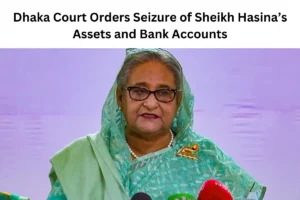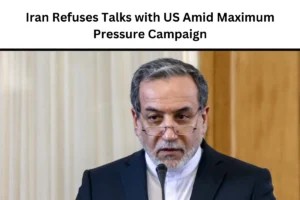
The 2025 electoral calendar may not match 2024’s global intensity, but several critical elections loom. Key themes like inflation, populism, and geopolitical tensions remain central. Here’s a snapshot of five pivotal elections of 2025:
Belarus: Lukashenko’s Grip on Power
On January 26, Belarus will hold its presidential election. Alexander Lukashenko, Europe’s longest-serving authoritarian leader, seeks a seventh term. Opposition figures face repression, with no real chance to challenge Lukashenko’s dominance. Since the 2020 protests, over 1,200 political prisoners remain behind bars. Belarus is set to remain a crucial ally for Russia, hosting nuclear weapons and supporting military operations.
Germany: Early Elections Amid Turmoil
Germany faces snap elections on February 23. The coalition government collapsed after Chancellor Olaf Scholz fired Finance Minister Christian Lindner. Scholz’s Social Democrats trail behind the Christian Democratic Union (CDU), led by Friedrich Merz. Economic woes and migration debates dominate the political discourse. Polls suggest Merz could become chancellor, but forming a stable government may prove difficult.
Philippines: Midterm Power Play
On May 12, the Philippines will hold midterm elections. These polls serve as a barometer for President Ferdinand Marcos Jr.’s influence. Recent surveys indicate Marcos’ senatorial picks could secure most seats. Meanwhile, tensions with Vice President Sara Duterte intensify. A senate aligned with Marcos may push Duterte out of politics, altering the nation’s political trajectory.
Canada: Trudeau’s Leadership Tested
Canada may head to the polls before October 20. Prime Minister Justin Trudeau faces waning support and a fragile coalition. Rising inflation and disputes with U.S. leaders, including Donald Trump, add pressure. Conservative leader Pierre Poilievre leads in polls, promising economic reforms and a shift from Trudeau’s climate agenda. The election could redefine Canada’s political identity.
Chile: A Battle for Stability
Chile’s presidential election, scheduled for November 16, will likely proceed to a December runoff. Current President Gabriel Boric, unable to run for a second term, struggles to implement reforms due to a divided parliament. Evelyn Matthei of the Chile Vamos coalition emerges as the opposition frontrunner. With crime and economic concerns dominating debates, Chile’s future hangs in the balance.
These elections will shape the global political landscape, reflecting both local challenges and broader geopolitical shifts.
(This story is published from a syndicated feed and has not been edited by ANN Media, except for the headline.)
for more updates follow ANN MEDIA on facebook , X , Instagram and Linkedin







